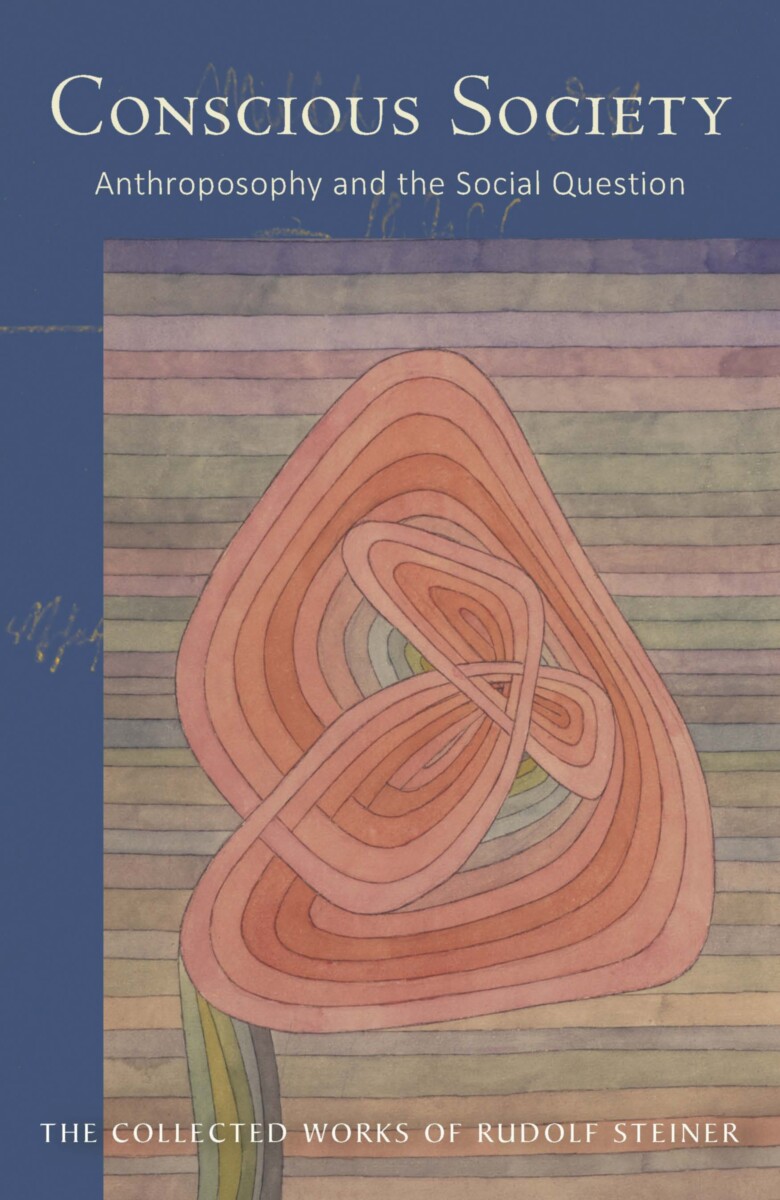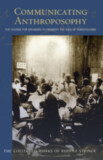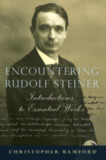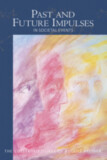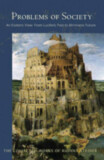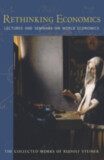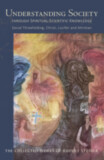Conscious Society
Anthroposophy and the Social Question (CW 189)
- Publisher
Rudolf Steiner Press - Published
5th June 2018 - ISBN 9781855845435
- Pages 190 pp.
- Size 6" x 9.25"
8 lectures, Dornach, February 15 – March 16, 1919 (CW 189)
Delivered in the context of postwar cultural and social chaos, these lectures form part of Rudolf Steiner’s energetic efforts to cultivate social understanding and renew culture through his innovative ideas based on “threefolding.” Steiner develops subtle and discerning perception of how social dynamics could change and heal if they were founded on real insight into our threefold nature as individuals, social beings, and economic participants in the world. He doesn’t offer a programmatic agenda for change, but a real foundation from which change can organically grow.
Social forms and reforms, says Steiner, are “created together,” not imposed by lone geniuses. Nevertheless, the detail of some of the thoughts and ideas he presents here as a possible model—down to the economic specifics of commodity, labor, taxation, ground rent, and capitalism itself—are staggering in their clarity and originality. This is no mystic effusion but a heartfelt plea, backed by profound insights, to change our thinking and the world we live in. As he points out, thoughts create reality, and so it is vital howand whatwe think.
Among the many contemporary and highly relevant topics Steiner discusses are also the nature of money and capital; taxation and the state; free enterprise and initiative; capitalism and Marxism; the relationship between employers and employees; “added value” theory and the concept of commodity; and “class consciousness,” the proletariat, and the bourgeoisie.
This volume is a translation from German of Die soziale Frage als Bewußtseinsfrage. Die geistigen Hintergründe deer sozialen Frage – Band I(GA 189)
Rudolf Steiner
Rudolf Steiner (b. Rudolf Joseph Lorenz Steiner, 1861–1925) was born in the small village of Kraljevec, Austro-Hungarian Empire (now in Croatia), where he grew up. As a young man, he lived in Weimar and Berlin, where he became a well-published scientific, literary, and philosophical scholar, known especially for his work with Goethe’s scientific writings. Steiner termed his spiritual philosophy anthroposophy, meaning “wisdom of the human being.” As an exceptionally developed seer, he based his work on direct knowledge and perception of spiritual dimensions. He initiated a modern, universal “spiritual science” that is accessible to anyone willing to exercise clear and unbiased thinking. From his spiritual investigations, Steiner provided suggestions for the renewal of numerous activities, including education (general and for special needs), agriculture, medicine, economics, architecture, science, philosophy, Christianity, and the arts. There are currently thousands of schools, clinics, farms, and initiatives in other fields that involve practical work based on the principles Steiner developed. His many published works feature his research into the spiritual nature of human beings, the evolution of the world and humanity, and methods for personal development. He wrote some thirty books and delivered more than six thousand lectures throughout much of Europe. In 1924, Steiner founded the General Anthroposophical Society, which today has branches around the world.


